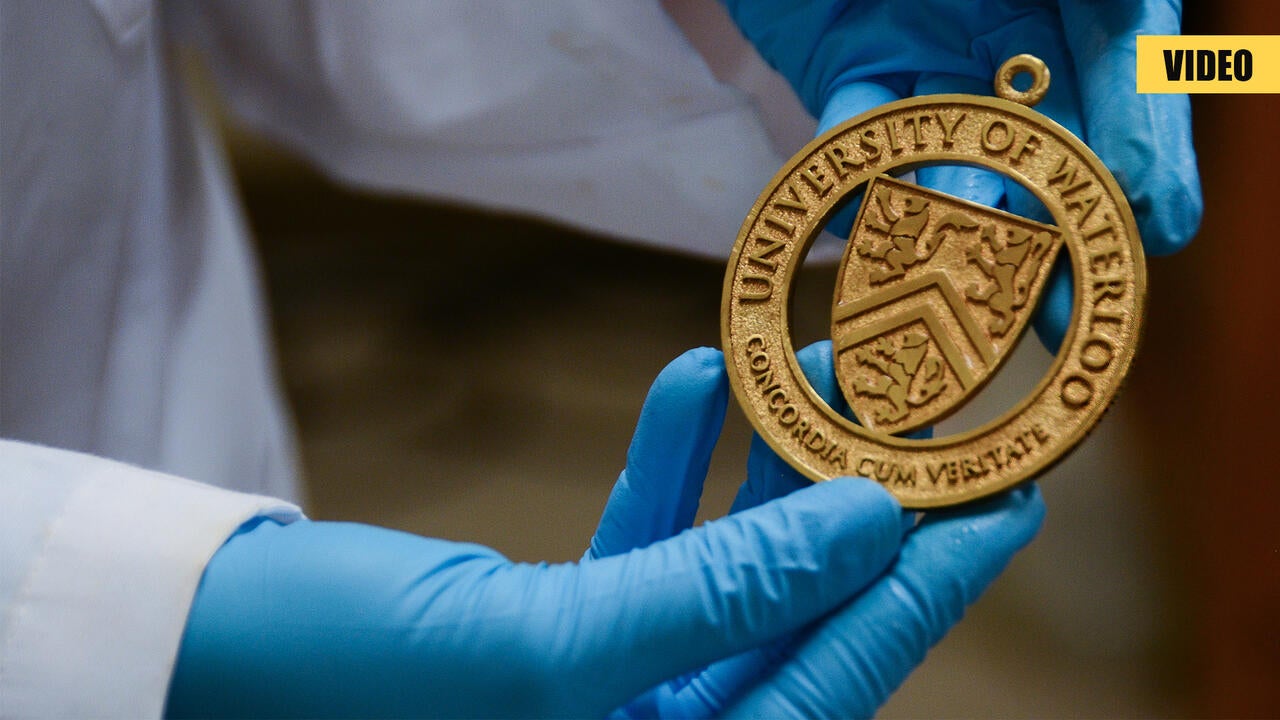
Forging a symbol of discovery
In state-of-the-art labs on campus, a new tradition has begun in honour of Waterloo’s top graduating students.

In state-of-the-art labs on campus, a new tradition has begun in honour of Waterloo’s top graduating students.
By Staff Office of AdvancementThis year, as many as 8,000 students will receive their degrees at Waterloo's spring and fall convocation ceremonies. One undergraduate from each Faculty and two graduate students will be awarded an Alumni Gold Medal, which symbolizes not only the student’s accomplishments, but also the proud tradition of exploration and leadership to which all of our alumni belong.
Alumni Gold Medals have graced the convocation gowns of our top students since 1970. The Royal Canadian Mint has produced these medals in the past — but in the true spirit of Waterloo, we’ve decided to make them ourselves.
Watch the Alumni Gold Medal creation below.
Madison Anne Ryken
Faculty of Health
Bachelor of Arts, Honours Recreation and Sport Business
Maggie Muzhi
Faculty of Environment
Bachelor of Environmental Studies, Honours Environment, Resources and Sustainability/International Development Option – Biology Minor – Co-operative Program
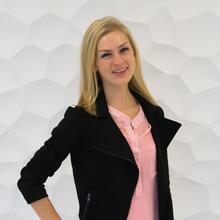
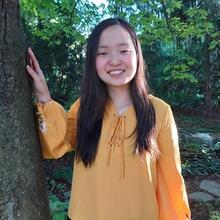
Monica Elizabeth Grove
Faculty of Arts
Bachelor of Arts, Honours Psychology - Research Intensive Specialization
Max Chemtov
Faculty of Science
Bachelor of Science, Honours Mathematical Physics – Pure Mathematics Minor, German Minor
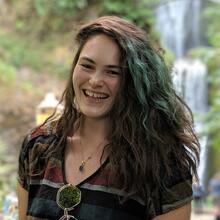
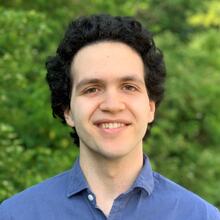
Spencer Nicholas Whitehead
Faculty of Mathematics
Bachelor of Mathematics, Honours Pure Mathematics – East Asian Studies Minor – Co-operative Program
Dennis Qi
Faculty of Engineering
Bachelor of Applied Science, Honours Civil Engineering/Management Sciences Option – Co-operative Program
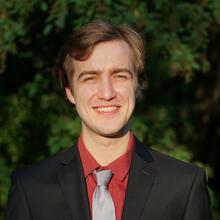
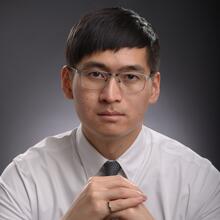
Sara Leanne Wyngaarden
Outstanding Academic Performance in a Master’s Program
Master of Science, Public Health and Health Systems
Supervisor: Dr. Warren Dodd
Shihabur Rahman Chowdhury
Outstanding Academic Performance in a Doctoral Program
Doctor of Philosophy, Computer Science
Supervisor: Dr. Raouf Boutaba
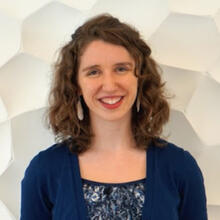
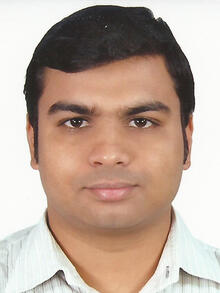

Read more
Upside Robotics secures new funding to accelerate the future of sustainable farming
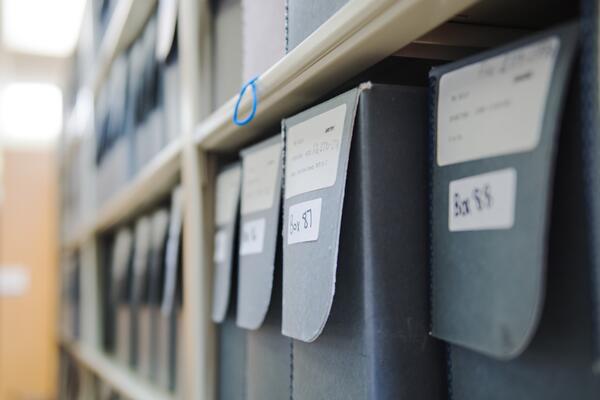
Read more
Discover the meticulous work that uncovered Black stories on campus and preserved them for the future
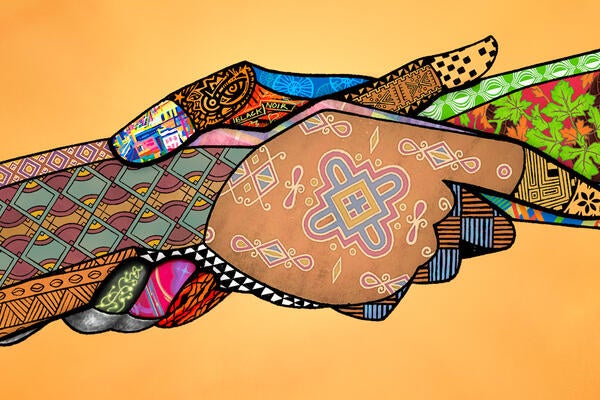
Read more
A message from the President and Vice-Chancellor
The University of Waterloo acknowledges that much of our work takes place on the traditional territory of the Neutral, Anishinaabeg, and Haudenosaunee peoples. Our main campus is situated on the Haldimand Tract, the land granted to the Six Nations that includes six miles on each side of the Grand River. Our active work toward reconciliation takes place across our campuses through research, learning, teaching, and community building, and is co-ordinated within the Office of Indigenous Relations.